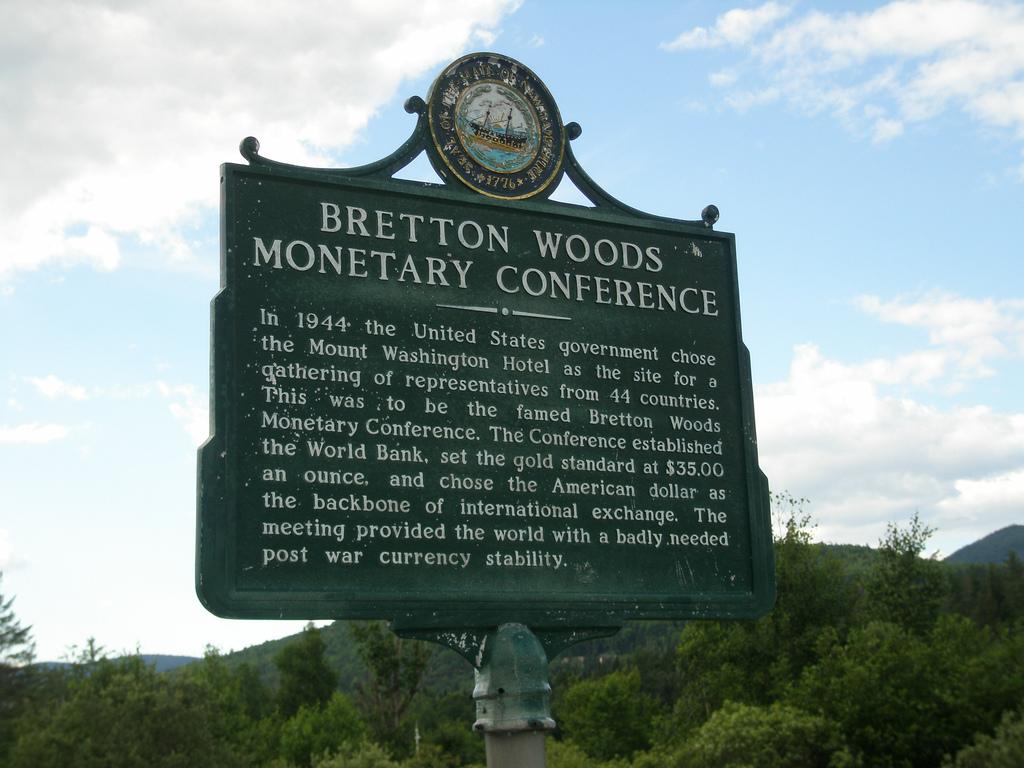Long-Term Reliance on Foreign Aid Does Not Work and Value Creation is Far More Sustainable
The film “Poverty, Inc.” details and exposes the aid industry and how it does more to keep people impoverished and needy than it does to end and eliminate poverty. I had already seen this film before as part of a Global Political Economy class and we discussed it—as well as other topics at large like poverty, international aid, and Bretton Woods institutions—at length. However, upon my second watch, I gained new insights, and given that USAID has recently been disbanded by the Trump organization, I found the film to have a newfound relevance. Some of my reflective thoughts are below.
An Important Distinction
I think it is important to denote what sort of poverty is being discussed in this film. There is poverty in America and there is poverty internationally, and as it is clear from the film, its context is international poverty. “Poverty, Inc.” discusses how the current aid system is incredibly paternalistic and keeps people in cycles of poverty, and I think some could easily mistake this for being the case in America as well. I think that would be quite disingenuous and wrong. The same arguments can not be used to address both national and international poverty at the same time. A nation has a responsibility to provide for the general welfare of its citizens first and foremost. While foreign aid can certainly serve the interests of the state, and if a nation can help another, it certainly should, I believe it is fair to say that the underlying convictions are different, as are the arguments on how to address poverty. It would be unfair to use the arguments made in “Poverty, Inc.” about international aid to social programs in the United States, and I think that disclaimer is important.
Here is an example of what I mean. The ’pick yourself up by your bootstraps’ is a mythical narrative that conservatives have touted for over four decades now in America. Has it worked? Is American poverty truly the result of a ‘lack of personal responsibility’? In my opinion, the answer is an unequivocal no. While personal choice can be a factor, poverty in America is more systemic than anything else. A hands-off approach to ‘let the chips fall where they may’ is not an option and a vast welfare state is not going to fix it either. Targeted plans can, and a balanced approach exists. So, while the film “Poverty, Inc.” details specific examples of how aid has harmed individuals in other countries, it is wrong and false to conflate that with American social welfare programs harming America’s poor.
Of Course Bretton Woods Had an Agenda
The film seemed to imply that the fact that the Bretton Woods institutions (World Bank, IMF, WTO) had an agenda was a secret, but to anyone who even has an acute knowledge of international politics and history, this should not have come as a surprise. Of course, Bretton Woods had an agenda. Its agenda was to avoid another great depression after World War II, to stave off Soviet and communist influence, and (in terms of the American context most importantly) to ensure the political and security influence of America in the global North. We are only now seeing declined American influence abroad, but for the last 75 years, America has been at the forefront of the IMF, World Bank, and the WTO as the leading nation, essentially able to wield influence as no other nation has done since the last World War. The agenda of Bretton Woods was to ensure the United States as a global hegemon for decades to come, while also providing aid along the way. And it’s because of this leadership that I believe the United States has continued its foreign aid and involvement in these institutions. Additionally, the U.S. dollar is the most used reserve currency in the entire world, which allows America an ‘exorbitant’ financial privilege internationally. America’s continued investment abroad—especially through foreign aid—has enabled it to become a hegemon, and it will be interesting to see if this trend will continue as America becomes a more isolationist nation with the current administration.
All Boils Down to Value Creation
The example of the ‘Apparent Project’ in the film that detailed how the orphanage in Haiti worked was a great allegory to the entire context of this course. Instead of just sustaining individuals through donations and charity, the couple who started the project facilitated value creation, which is much more sustainable than continued reliance on goods and services not received through a purchase. The fact that the men and women created necklaces to be sold helped everyone in the process and made everyone more money than any NGO ever could.
And I think that’s the bottom line. At least in the international context. The United States should be focusing on how to help create value in low-income countries, not how to boost the profits of NGOs to whom the elimination of poverty would mean their end as well.
While I have explored various perspectives in this essay, it is important to note that I do not necessarily ascribe to any argument made here 100%. This is a writing exercise, and I sought to explore various perspectives after watching the lecture, as per the assignment instructions.
